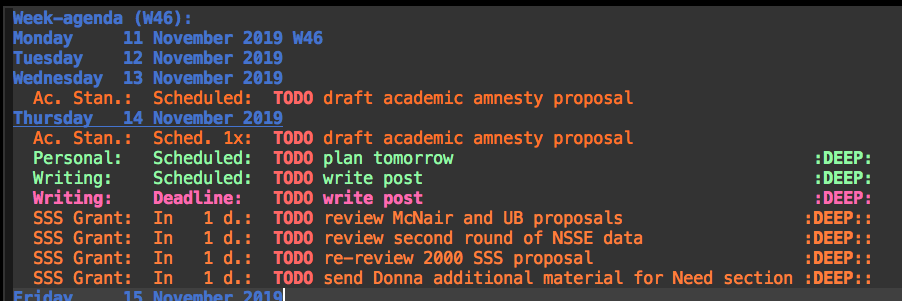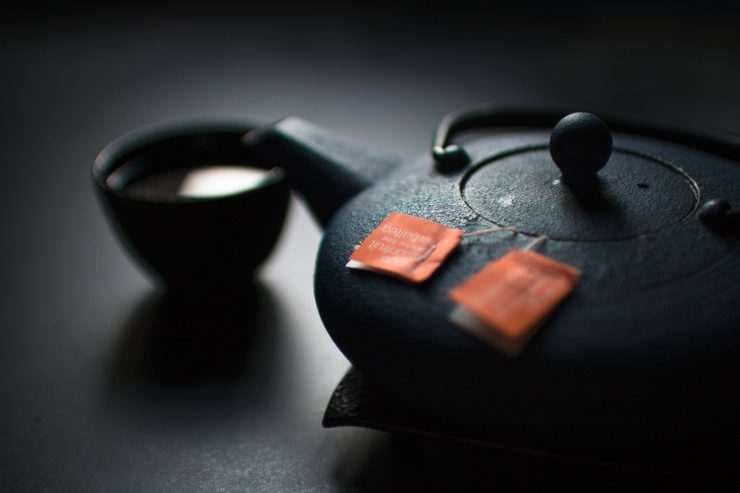Never Miss Twice: A Middle Path to Building Good Habits
Say we’re trying to build a new habit—working out three times a week, for instance. Before long, we’re going to have to answer an important question:
“How strict should I be with myself?”
It’s tempting to take a no-excuses approach: “I just won’t miss workouts.” The problem is, we will miss. Emergencies happen, no-good-very-bad-days happen, and winning streaks can’t last forever. As someone with two kids, I feel qualified to tell you what you already know: life will sometimes get in the way, and it will not ask your opinion first.
 For the last year and a half, I’ve used a program called
For the last year and a half, I’ve used a program called  Among the general population, rituals are underrated.
Among the general population, rituals are underrated.